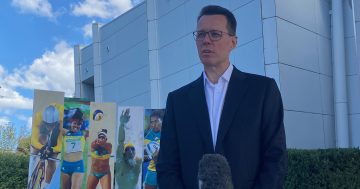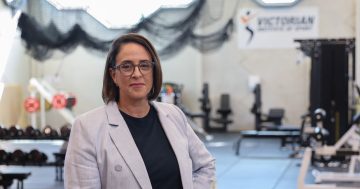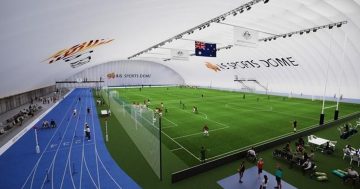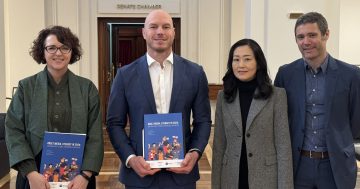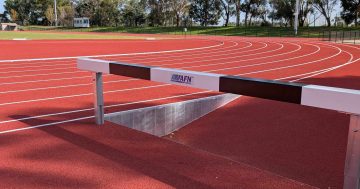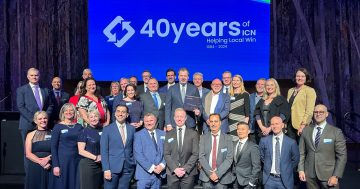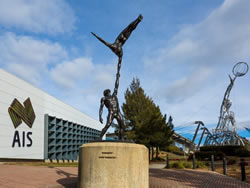 The Australian Institute of Sport (AIS) has celebrated the 40th anniversary since its establishment.
The Australian Institute of Sport (AIS) has celebrated the 40th anniversary since its establishment.
Minister for Sport, Senator Richard Colbeck said the AIS revolutionised Australian sport 40 years ago and today it remained an important and iconic symbol of the nation’s commitment to sport and the power of sport to inspire and unite communities.
“We celebrate this milestone with the AIS and pay tribute to those who have positively contributed to building Australian sport capability over many years,” Senator Colbeck said.
“Some of the biggest names in Australian sport are among the 8,858 athletes who have been AIS scholarship holders over its successful history.”
The AIS was launched by then Prime Minister, Malcolm Fraser in Canberra on 26 January 1981, comprising approximately 150 scholarship athletes across eight different sports.
Chief Executive of the AIS, Peter Conde said it had evolved to help lead the National Institute Network to positively influence more Australian athletes than ever before.
“As we should expect, the AIS does things differently now. Races aren’t won by standing still, but the intent of the AIS remains the same — to help Australian athletes realise their full potential in both sport and life,” Mr Conde said.
“The AIS directly invests more than $145 million a year into 38 high-performance sporting organisations and their athletes, including $14 million a year in athlete grants across Olympic, Paralympic and Commonwealth Games sports.”
He said the AIS had progressed the support for Paralympics athletes, with funding up 40 per cent in the past eight years.
“We are partnering with sports to develop emerging athletes and coaching pathways; we are at the forefront of innovation, including research into athlete health and performance; we are exploring new frontiers like artificial intelligence and data analysis,” Mr Conde said.
“We naturally strive to win and we care about athletes. Our approach to athlete mental health, wellbeing and community engagement has been crucial, especially in terms of supporting athletes through the COVID-19 pandemic,” he said.


